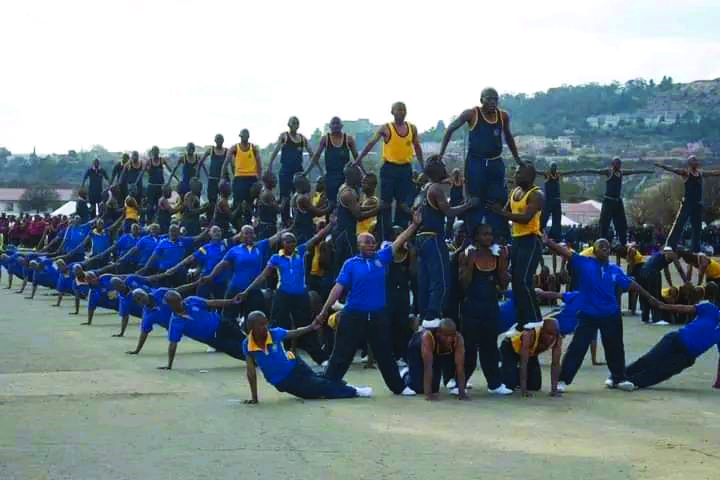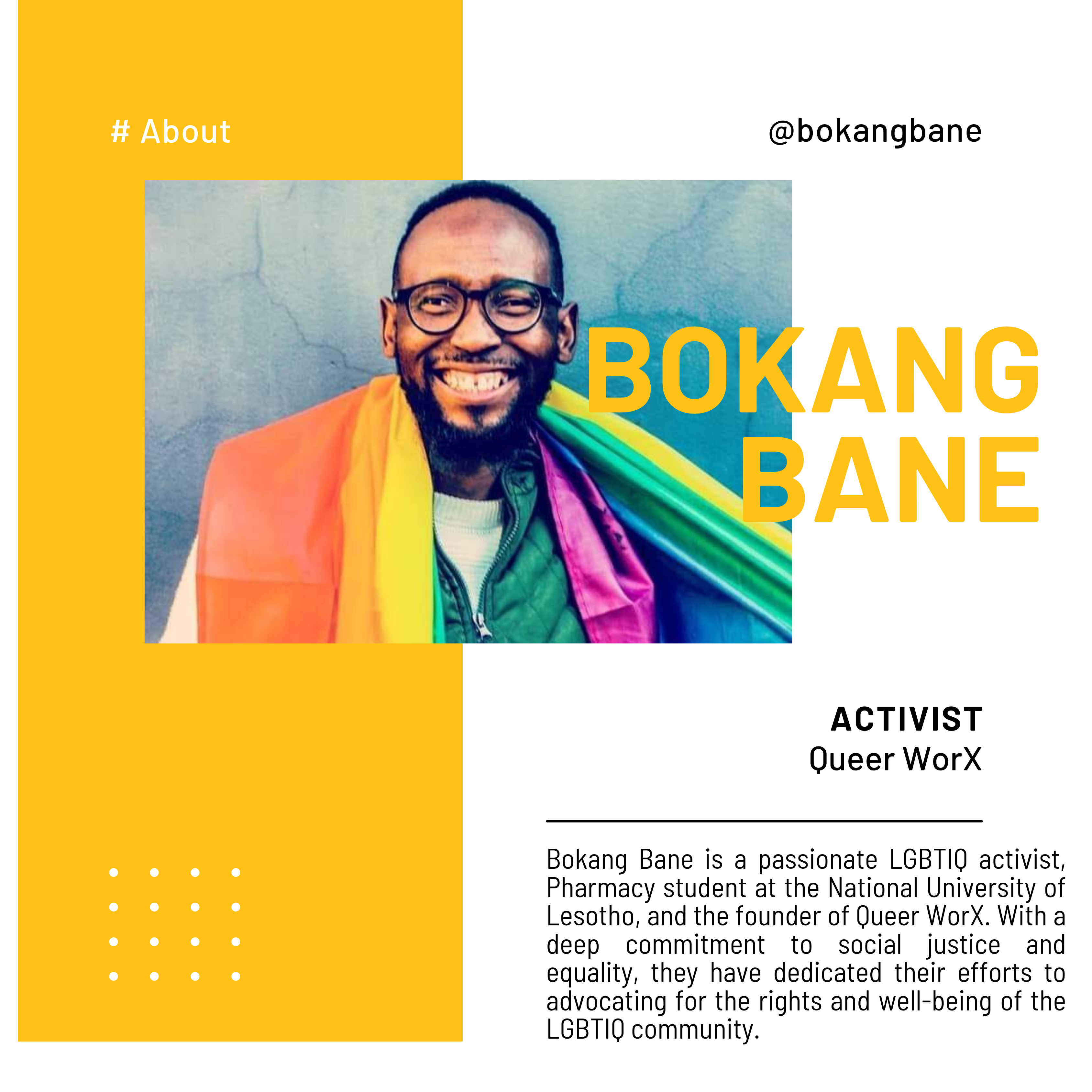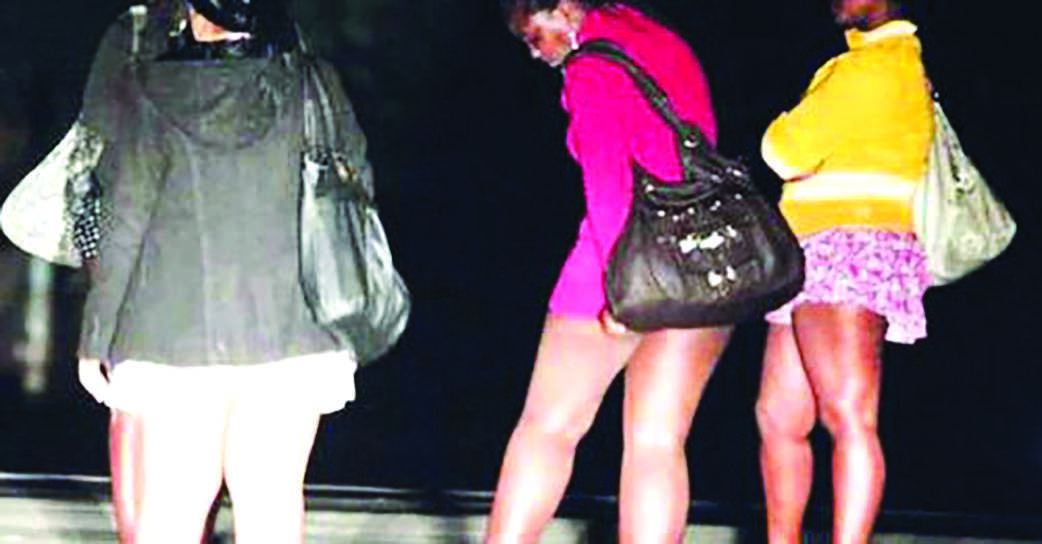Ntsoaki Motaung
Police training needs to be reformed to equip recruits with the skills required to deal with vulnerable groups such as sex workers, the LGBTIQ+ community, and people with disability.
This is one of 14 the recommendations contained in a new report unveiled by Sesotho Media and Development last week.
The report also recommends that the LGBTIQ+ community and sex workers should be empowered to enable them “to be brave enough to go to relevant bodies to report police brutality, corruption, and violation of human rights against themâ€.
According to the report, the LGBTIQ+ community often finds that the authorities discriminate against them; do not treat them with respect, or deny them services entirely.
The Criminal Procedure and Evidence Act lists sodomy as one of the offences in respect of which arrests may be made without a warrant.
The report states that the existence of the law coupled with a lack of awareness of the exact nature of the law, fosters a climate of fear among LGBTIQ+ persons and fuels stigma and discrimination against LGBTIQ+ persons.
“The incorrect belief that sodomy law extends to criminalise all LGBTIQ+ identities also prevents LGBTIQ+ persons from reporting cases of violence and discrimination to police for fear that they will face prosecution should they disclose their sexual orientation,†the report reads.
It further states that as a result of unemployment and deepening poverty in the country, some women engage in sex work as a means of earning a living.
It says the Penal Code Act of 2010, under section 55, criminalises prostitution but “arguably, there is no legislation that directly criminalises sex workâ€.
“However, since sex work is mostly interpreted as prostitution, the state through its police institutions arbitrarily arrest sex workers without any intention of trial due to lack of supporting laws,†it reads.
The report is titled: The Accountability and Capacity Building initiative by Lesotho CSO’S Bringing Together Police, CSO’S and Public for the Realisation of Human Rights Compliance by LMPS 2021-2025.
The accountability and capacity-building initiative is a five-year project funded by the European Union (EU) to enhance accountability within the security sector and promote compliance with human rights.
Speaking at the launch of the report, executive director of the Sesotho Media and Development, ‘Mamolefe Petlane, indicated Lesotho was a constitutional monarchy committed to the protection, promotion, and fulfilment of human rights.
However, Petlane said, Lesotho had consistently faced political instability over the years that negatively affected its human rights record.
She said the ongoing national reforms, hoped to usher in a peaceful, stable, and secure environment denoted a commitment by the government and development partners towards stability and development.
Petlane said the study, therefore, came against the backdrop of standards proposed by the Southern African Development Community (SADC) in 2016 for security sector reforms.
She further indicated that the study was intended to evaluate progress and challenges in relation to human rights reforms within the Lesotho Mounted Police Service (LMPS) as a component of the security sector that is recommended to undergo reforms.
The report was researched, written, and compiled by Advocate ‘Marealeboha Makau as the lead consultant and Dr. Makhala Khoeli as the subcontracted expert consultant.
Makau said the study started in March 2022.
She said the report recommends the support needed by the LMPS to do its work, particularly the financial as well as the technical support.
“The report also highlights the challenges as one would expect in respect of violation of human rights but overall, the report tracks progress of what LMPS has done from 2016 when there were SADC reforms that suggested human rights compliance of the LMPS,†she said.
The report recommends that LMPS should create neutral, relaxed and engaging platforms with community members to thwart incessant negative perceptions towards police.
This, according to the report, can be done through social activities such as sports and other recreational activities.
It also recommends that the regulatory frameworks of the LMPS, especially the oversight mechanisms, should be revised to ensure compliance with international standards for effectiveness and efficiency.
Summary
- The report states that the existence of the law coupled with a lack of awareness of the exact nature of the law, fosters a climate of fear among LGBTIQ+ persons and fuels stigma and discrimination against LGBTIQ+ persons.
- She further indicated that the study was intended to evaluate progress and challenges in relation to human rights reforms within the Lesotho Mounted Police Service (LMPS) as a component of the security sector that is recommended to undergo reforms.
- “The report also highlights the challenges as one would expect in respect of violation of human rights but overall, the report tracks progress of what LMPS has done from 2016 when there were SADC reforms that suggested human rights compliance of the LMPS,†she said.

Your Trusted Source for News and Insights in Lesotho!
At Newsday Media, we are passionate about delivering accurate, timely, and engaging news and multimedia content to our diverse audience. Founded with the vision of revolutionizing the media landscape in Lesotho, we have grown into a leading hybrid media company that blends traditional journalism with innovative digital platforms.








